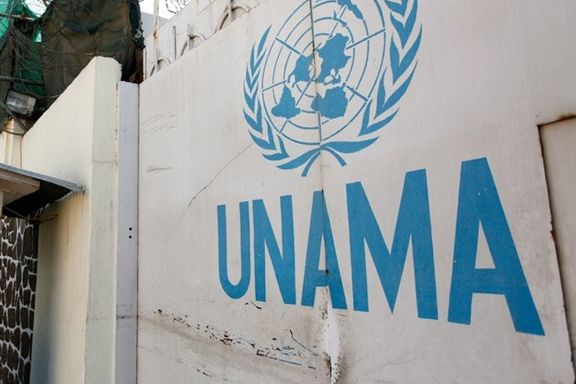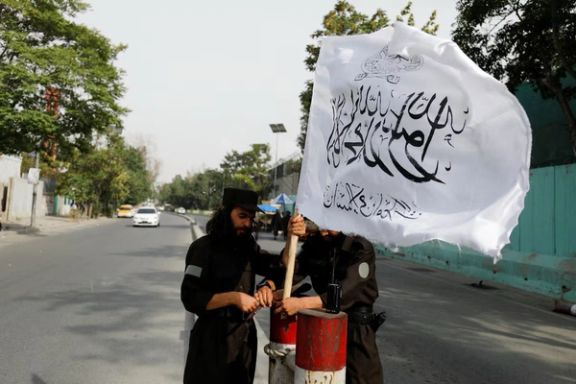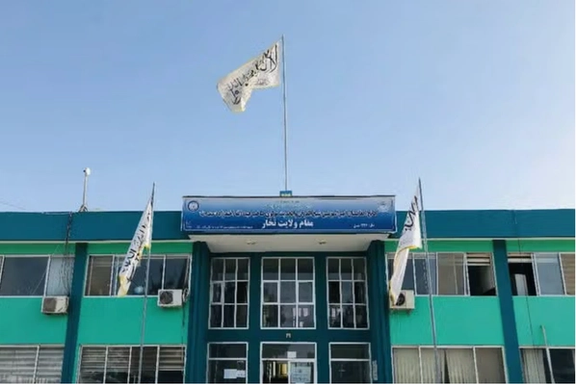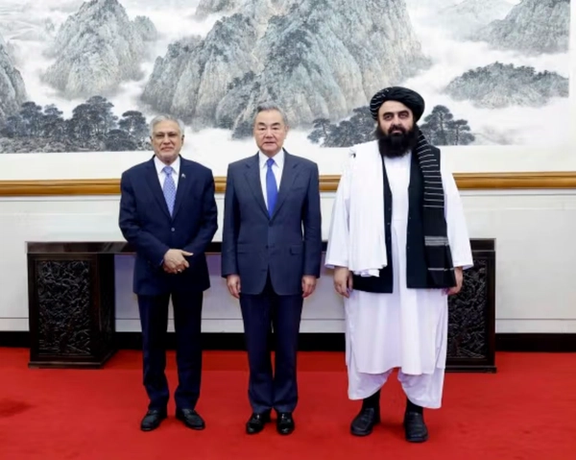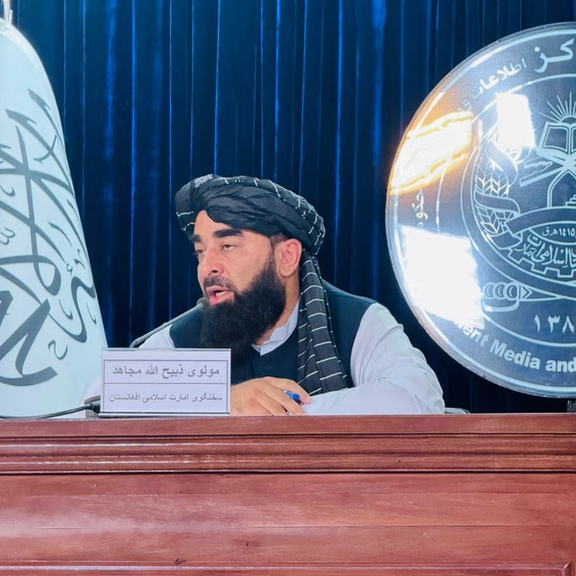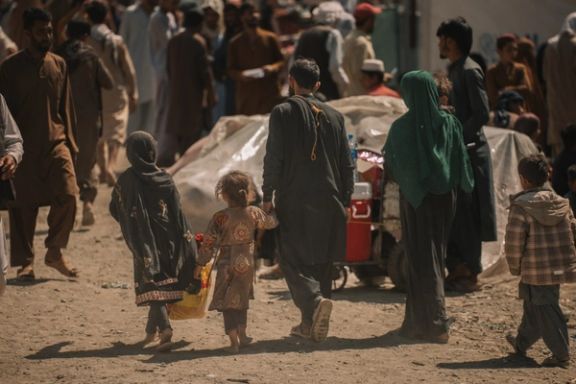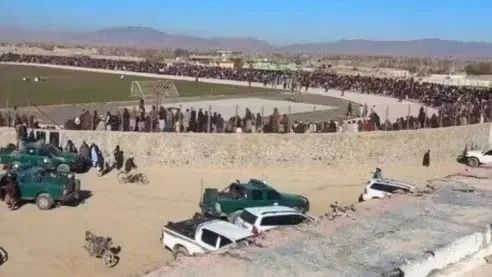Chinese Foreign Minister Wang Yi welcomed the development, stating that Beijing supports the strengthening of ties between Afghanistan and Pakistan.
In a statement issued on Wednesday, 21 May, the Chinese Ministry of Foreign Affairs confirmed that both Pakistan and the Taliban expressed their willingness to enhance their diplomatic engagement. Currently, the relationship is maintained at the chargé d'affaires level, with Ubaid-ur-Rehman Nizamani serving as Pakistan’s envoy in Kabul and Sardar Ahmad Shakib representing the Taliban in Islamabad.
The Chinese ministry stated that Foreign Minister Wang Yi held discussions with his counterparts from the Taliban and Pakistan regarding the diplomatic interaction, bolstering communication, and taking concrete steps to foster economic development, infrastructure projects, and regional cooperation.
During the meeting, Wang Yi emphasised several key priorities: building mutual political trust, fostering good neighbourly relations, expanding diplomatic exchanges, deepening practical cooperation, rejecting all forms of terrorism, and maintaining regional peace and stability.
The Pakistani Ministry of Foreign Affairs also issued a statement, welcoming what it called “positive momentum” in bilateral relations with the Taliban. The ministry highlighted progress in diplomatic engagement, trade, and the facilitation of commercial ties.
Although neither Pakistan nor China has formally recognised the Taliban government, both countries have maintained close working relations with the group.
The announcement followed an informal trilateral meeting held in Beijing on Tuesday, hosted by Wang Yi and attended by the foreign ministers of China, Pakistan, and the Taliban.
